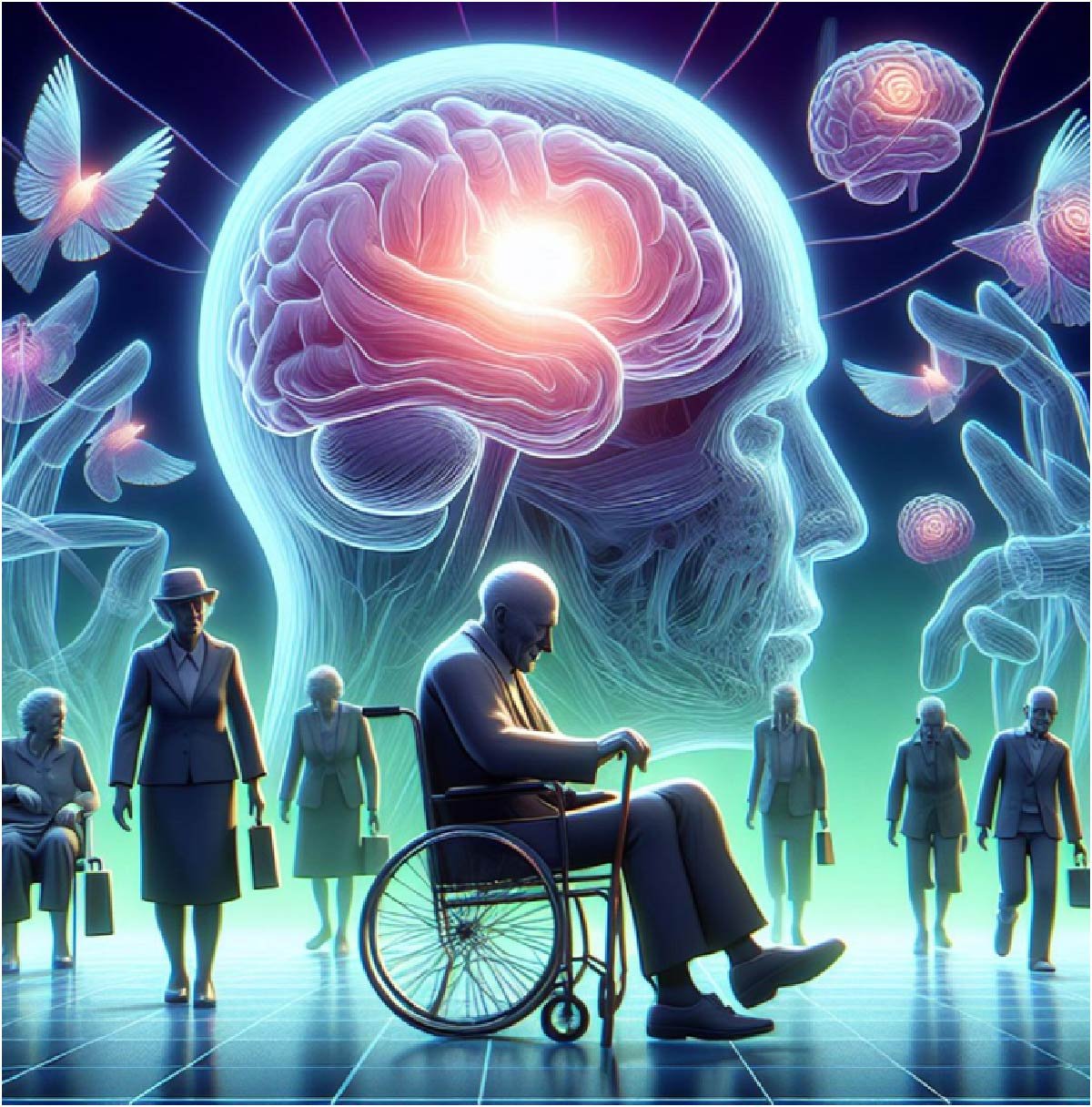Health
Top Tips for Improving Memory and Brain Health in Seniors

As people get older, it is natural for memory and thinking skills to change. Some forgetfulness is normal, but there are ways to keep the brain healthy and active. Simple habits can help seniors stay sharp, remember better, and feel more confident in daily life.
Taking care of the brain is just as important as taking care of the body. Below are some easy and helpful tips to improve memory and brain health in seniors.
Stay Mentally Active
The brain is like a muscle, the more you use it, the stronger it stays. Seniors can keep their minds sharp by doing activities that challenge their thinking. Reading books, solving puzzles, playing card games, or learning a new hobby all help keep the brain engaged.
Even small tasks, like writing a journal or doing a crossword, can make a big difference. Trying new things keeps the brain working and helps form new connections that improve memory.
Eat a Brain-Healthy Diet
What we eat affects how we think and feel. A balanced diet with fruits, vegetables, whole grains, lean proteins, and healthy fats can boost brain function. Foods rich in omega-3 fatty acids, like salmon, walnuts, and flaxseeds, are especially good for memory.
It’s also important to drink enough water and limit foods high in sugar or unhealthy fats. A healthy diet gives the brain the fuel it needs to stay alert and focused.
Get Regular Exercise
Physical activity is good for both the body and the brain. Exercise increases blood flow, which brings oxygen and nutrients to the brain. This helps improve memory, focus, and mood. Even light activity, like walking or stretching, can have big benefits.
Seniors should aim to move every day. Gentle exercises like yoga, tai chi, or dancing are great choices. Staying active also helps reduce the risk of memory problems later in life.
Stay Social and Connected
Being around others is important for brain health. Talking with friends, joining clubs, or attending social events keeps the mind busy and helps prevent loneliness. Social interaction can boost mood and make it easier to remember things.
Spending time with loved ones or joining a local group gives seniors a chance to laugh, share stories, and enjoy meaningful conversations. These activities support mental wellness and brain function.
This is especially helpful when navigating early memory care needs, as staying connected helps seniors maintain a sense of independence and comfort while managing mild memory challenges.
Get Plenty of Sleep and Manage Stress
Sleep is vital for memory and clear thinking. During sleep, the brain organizes thoughts and stores new memories. Seniors should try to get 7-8 hours of sleep each night. A regular bedtime routine, a quiet room, and limited screen time before bed can help improve sleep quality.
Managing stress is also important. Long-term stress can harm the brain and make it harder to focus or remember. Mindful activities like breathing exercises, meditation, or spending time in nature can help calm the mind and reduce stress.
Improve Memory and Brain Health
Good memory and brain health are possible at any age. By staying mentally active, eating well, exercising, being social, and getting enough rest, seniors can keep their minds strong and sharp.
These simple steps not only improve memory but also help seniors feel more confident and enjoy life to the fullest. With a few daily habits, it’s easier to stay mentally healthy and independent for years to come.
Visit our blog for more!
-

 Celebrity1 year ago
Celebrity1 year agoWho Is Jennifer Rauchet?: All You Need To Know About Pete Hegseth’s Wife
-

 Celebrity1 year ago
Celebrity1 year agoWho Is Mindy Jennings?: All You Need To Know About Ken Jennings Wife
-

 Celebrity1 year ago
Celebrity1 year agoWho Is Enrica Cenzatti?: The Untold Story of Andrea Bocelli’s Ex-Wife
-

 Celebrity1 year ago
Celebrity1 year agoWho Is Klarissa Munz: The Untold Story of Freddie Highmore’s Wife
















